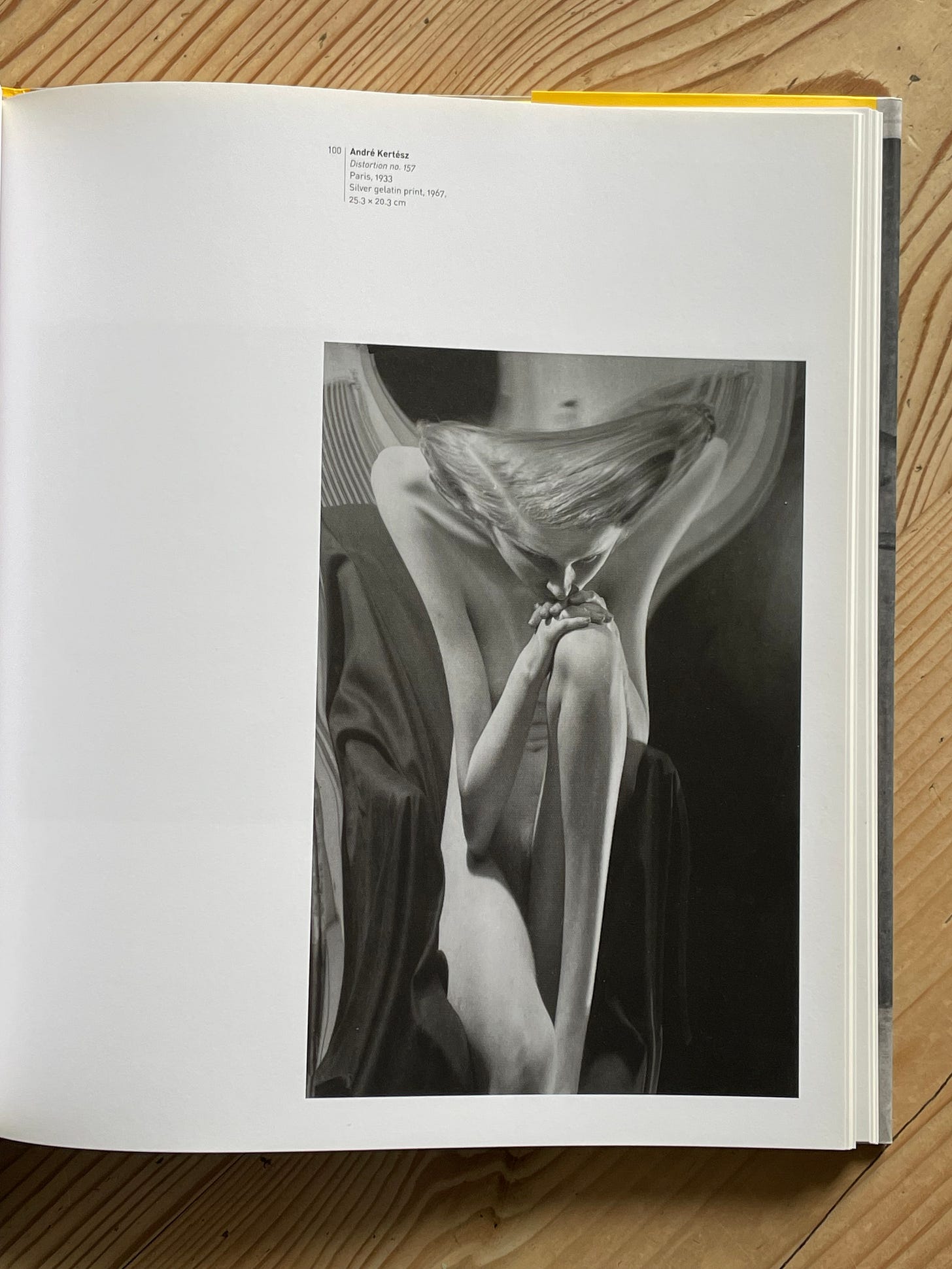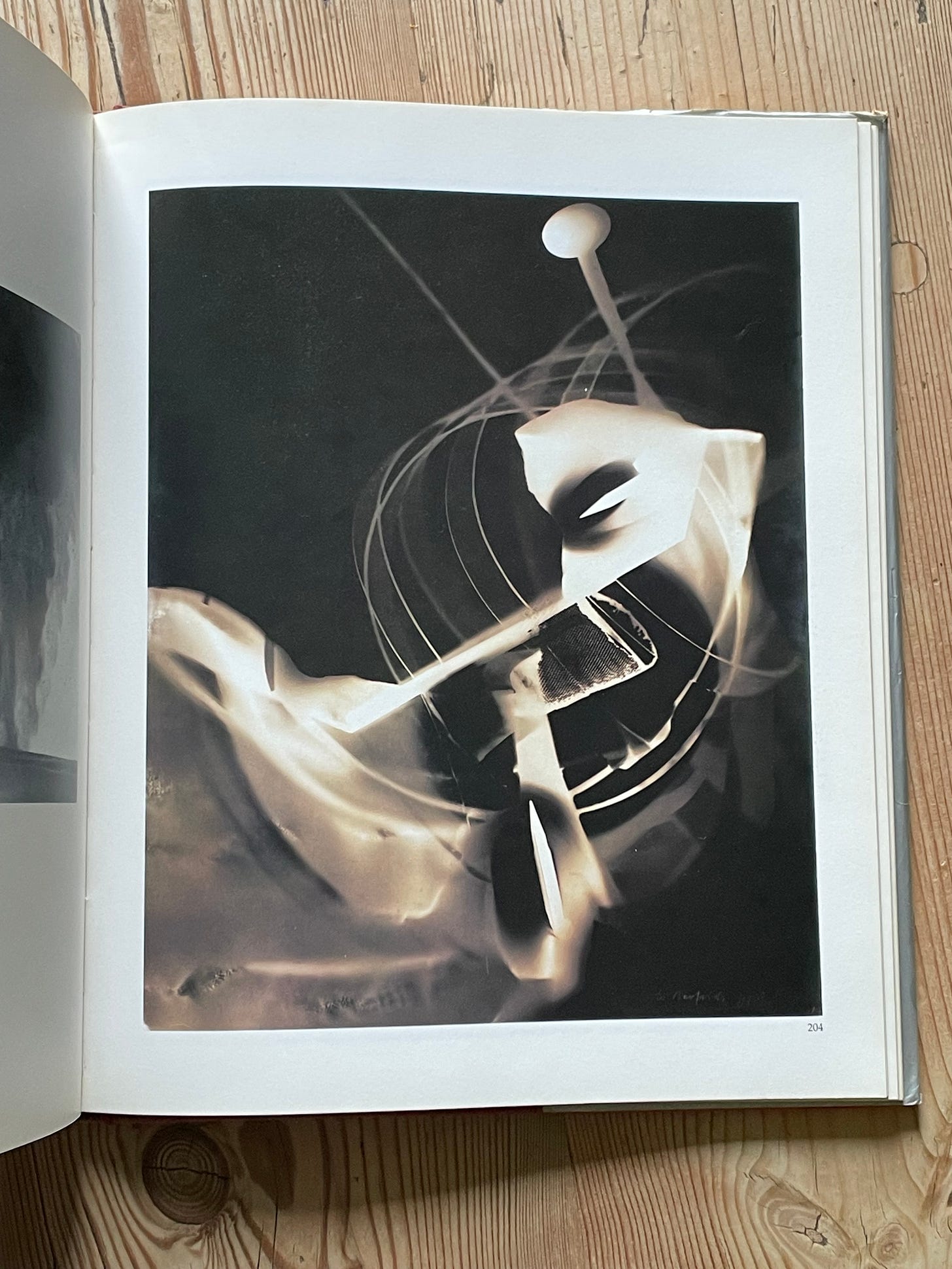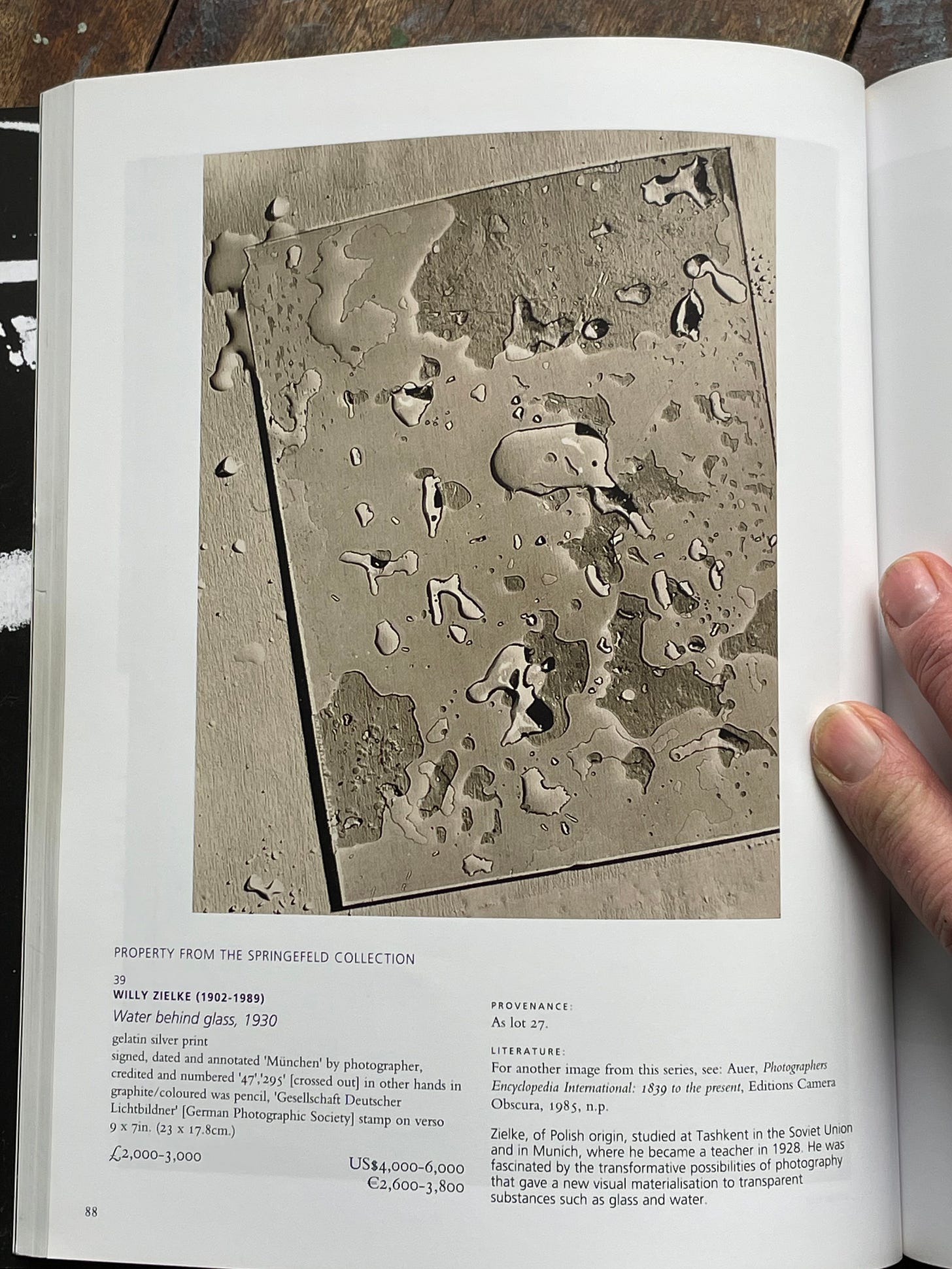Let us leave post modernism in the past.
It's time we had a change in the photography world.
Has anyone reading this, looked at magazines, exhibitions, competition winners and various other areas where contemporary photography is shown, and thought; Fuck me, not this boring shit again? Another picture of a housing estate, another factory in evening light, another emaciated youth stood in wasteland?
Type ‘Contemporary photography UK’ into google and the AI overview states that; ‘Contemporary UK photography explores a broad spectrum of themes, including the environment, street life, identity, and personal narratives.’ I wouldn’t say that was a wide range of styles at all, I would say that Environment, Street life, Identity and Personal narratives was a tiny part of what photographers choose to shoot. If you don’t photograph this stuff, are you even a photographer? Well yes of course, but who will take you seriously if you don’t shoot this way?
Photography in the UK is stagnant. Galleries only want to show social documentary (identity, environment), and sometimes conceptual. Mostly it is socio-political. That’s about it.
How did we get to a situation where one or two ways of working are seen as the only serious, viable ways of working? Photography is a broad church with many areas of interest, specialism and fascination, so why is it that social documentary and conceptualism are the dominant themes? Approach any gallery with work that doesn’t fit into these two categories and they won’t give you the time of day, unless you are a celebrity. If your work is conceptual, or vaguely political (especially if you refer to whatever is currently socio-politically fashionable and use the right buzz words), then you are ushered in. If your work is historical, abstract, nature, still life, sport, astrophotography, street, drone, collage, food, landscape, or even personal and emotional, you will be excluded.
A typical boring shot.
I am socially aware, I care about what happens to people, but I’m not a social documentary photographer, I have many ideas each day, but I’m not interested in concept or conceptual photography, I find it contrived. I photograph purely what I see and notice, much as photographers of the past did, before these ideas crept in. Can you imagine this happening in music? Only two types of music are validated, all other types are derided. Can you imagine a world where Radio and TV only played political protest songs or conceptual music? Poupular music changes every five to ten years and this is what makes it exciting and interesting. Photography has got stuck up a cul de sac.
There are many photographers of the past who photographed freely without an agenda. They had their own style and they were not coerced into fitting a fashion or an ideology. Photographers such as; Josef Sudek, Manuel Alvarez Bravo, Aaron Siskind, Lee Friedlander, Edward Weston, Bill Brandt, Harry Callahan, William Eggleston, Wright Morris, William Mortenson, Leonard Missone, Raymond Moore, Irving Penn, Edwin Smith, Frederick Sommer, Jerry Eulsmann, and Minor White. There are many others who produced a wide body of work and never had to present a mission statement. Bill Brandt said; ‘Photographers should follow their own judgement and not the fads and dictates of others. Photography is still a very new medium and everyhting is allowed and everything should be tried’. Imagine how amazingly new and shocking the Bauhaus work was when it was shown? Who is doing something groundbreaking now? I don’t think I am, but at least I am tue to myself, I don’t do what is fashionable.
Personally, I never work with a project or series in mind, I just shoot what I see, when I see it. I take quite a lot of pictures every day and I’ve done this for over 45 years. I observe things, I photograph them in various ways to the best of my ability and I’ve amassed a large body of work that has no common theme. I don’t follow fashions, and I don’t produce work to suit someone else’s idea of what photography should be. I’m not anyone else’s dancing monkey and I won’t be changing what I do to suit someone else. I make darkroom prints for my own pleasure and satisfaction, if someone else likes what I have done, then that is a nice feeling, if someone buys one that feels even better.
Is Postmodernism to blame for the state of UK photography? I’m not a Post Modernist, so I suppose I’m a modernist, -though ironically that makes me old fashioned. Postmodernism seems to anyone who is not in the elitist circle of those who thrive on it, to be nonsense. A world where the purpose of a photograph is to be ‘narrative’ (a picture is made worthless by a thousand words) and not a purely visual thing. I know that it is endemic in the photography world, and from where I stand, that is a worrying thing. My own type of work is deeply unfashionable in this context and I feel as though I am swimming against a tide of unpleasant liquid. This might sound like sour grapes, but I’m not interested in exhibiting, I’ve done all of that. I feel sorry for all the young photographers who could be conditioned to believe that they have to make work like that to have a career.
The fact is, I will not be convinced that everything I have learned about constructing strong images, -from exposure, lighting, composition and printing, is worthless, -and that bland colour shots of uninteresting subjects haphazardly situated at any point in the frame is the ‘real photography’.
I think that the postmodernist approach has a part to play in the photography world, but I don’t think it should have a dominant role. I see it as a world populated largely by critics and writers who have no emotional connection with photography and more often than not, no personal experience of it. They can only quantify it in terms of obscure terminology, designed to alienate the ordinary person and create a false sense of their own cleverness. How can John Berger, Susan Sontag, Douglas Crimp and Roland Barthes, who didn’t practice photography, tell actual photographers what it is about? How can it be that a visual art can only be worthwhile if it has an extensive text attached? Is the reverse true? That all written work: poetry, fiction, academic manuscript, needs pictures to be understood? Does sculpture have to be accompanied by music to be valid? Each discipline should communicate through its own medium, if it cannot, it has failed.
The postmodernist world is not inclusive, it is not democratic. The situation as it stands is this: One is not allowed to take a critical stance unless one is articulate. The more convoluted and obscure the text, the more serious it must be. If you or I cannot understand it, we must –ipso facto –be less intelligent than the author and our opinion is therefore worthless or wrong. An outrageous state of affairs.
Here are a few quotes;
“The dominant theories of elite art and criticism in the 20th century grew out of a militant denial of human nature. One legacy is ugly, baffling, and insulting art. The other is pretentious and unintelligible scholarship. And they’re surprised that people are staying away in droves?” Steven Pinker, The Blank Slate; The Modern Denial of Human Nature.
‘The postmodernists tyranny wears people down by boredom and semi literate prose’ Christopher Hitchens.
“Amusing and perfectly self-conscious charlatans.” Noam Chomski.
“Postmodernity is said to be a culture of fragmentary sensations, eclectic nostalgia, disposable simulacra, and promiscuous superficiality, in which the traditionally valued qualities of depth, coherence, meaning, originality, and authenticity are evacuated or dissolved amid the random swirl of empty signals.” Jean Baudrillard.
“Postmodernism's specifically academic appeal comes from its being another in the sequence of all-purpose "unmasking" strategies that offer a way to criticize the intellectual efforts of others not by engaging with them on the ground, but by diagnosing them from a superior vantage point and charging them with inadequate self-awareness. Logical positivism and Marxism were used by academics in this way, and postmodernist relativism is a natural successor in the role.” Thomas Nagel.
Who is qualified to criticise your work?
Apart from the usual early mistakes of exposure, focus etc, what is there to criticise? If you are beyond the common mistakes of beginners (and you certainly should be before showing your work) then who can criticise except you? If you are honest with yourself, you will know if you have achieved what you set out to do. If you feel that you have achieved something then your work is as valid as anyone elses. Create work that makes people sit up and look, even if it is unfashionable. Create images that come from a deep place inside of you,
I will finish with a quote that exemplifies the convoluted nonsense that they think gives them a superior position;
‘The desire of representation exists only insofar as it never be fulfilled, insofar as the original always be deferred. It is only in the absence of the original that representation may take place. And representation takes place because it is always already there as representation’. 1980 Douglas Crimp, The Photographic Activity of Postmodernism.
That is just nonsensical, verbose wank. I rest my case.
Feel free to give me your opinions on the matter.










Well said. The power lies not with the curators, theorists, writers, publishers, or even the gallery owners, who think they know something. The power lies with those photographers who feel they have to conform, but shouldn’t.
Thank you very much for your post. I nodded all the way through. I even smiled a little here and there.
Much appreciated!
Interesting, depressing and familiar. From my experience I see too many portfolio displays that offer a random collection of very average images under a title of something like “my connection to the land” .
The images are rarely compelling to look at and have a tenuous connection to the stated aim. I suppose it could be argued that because you leave thinking WTF then the photographer has succeeded in lingering in the memory.
I long for images with some beauty even if it’s ugly beauty.